(ECNS) -- Ordering takeout, sipping milk tea, and hailing rides are everyday routines familiar to Chinese consumers and now increasingly common in Brazil as Chinese companies grow their footprint across sectors.
About 18,000 kilometers from China, Chinese companies are ramping up their investments in Brazil, aiming to recreate "a day in the life of a Chinese citizen" for local consumers.

Why Brazil?
Brazil boasts a large and emerging consumer market.
As the largest economy in Latin America, Brazil has a population of over 200 million, with roughly 70% in the 15 - 64 age bracket. In 2024, its per capita GDP reached around $10,000.
Known for its heavy smartphone use, Brazil has 86.2% internet penetration, with average daily mobile usage topping five hours. Chinese internet companies, armed with advanced algorithms and operational expertise, see strong potential for expansion in the Brazilian market.
Brazil offers strong growth potential and industrial complementarity with China, and friendly bilateral ties hold great promise, said Bai Ming, a researcher at the Chinese Academy of International Trade and Economic Cooperation, in an interview with China News Network.
At present, Chinese tech companies are accelerating efforts to establish local operational teams in Brazil.
Keeta, the food delivery service under Chinese online life service provider Meituan, announced a plan to invest $1 billion in Brazil over the next five years. In addition to building an on-demand delivery network, the company would provide local partners with digital operation tools. This move represents not only a major capital investment, but a deep integration of technological ecosystems.
Brazil's market is highly complementary to Chinese industries
In the fields of energy and manufacturing, Brazil's industrial upgrading goals align closely with those of China.
Brazil has abundant wind and solar energy projects but lacks sufficient researchers and equipment. China has a clear advantage in new energy technologies and skilled talent, which perfectly meets Brazil's needs, an insider explained.
Currently, over 85% of Brazil's electricity comes from renewable sources, with both solar and wind power markets growing rapidly. To support its transition to a low-carbon economy, Brazil has implemented the National Energy Plan 2050, which aligns well with the global expansion of China's new three industries: new energy vehicles, lithium batteries, and photovoltaic products.
In recent years, Chinese companies such as PowerChina and China General Nuclear Power Group have invested in photovoltaic projects in Brazil, bringing Chinese technologies to the local market.
In the manufacturing sector, the factory of China's Great Wall Motors in Brazil is set to begin operations in July this year, with plans to establish both an R&D center and a manufacturing hub. BYD and JAC Motors are also stepping up their investments in this sixth-largest automotive market in the world.
Chinese companies are deeply involved in reshaping Brazil's economic foundation, further driving Latin America's development with high-quality products and technologies. The internationalization of Chinese companies is not merely about exporting the Chinese model, but about co-creating a new global paradigm.
(By Gong Weiwei)








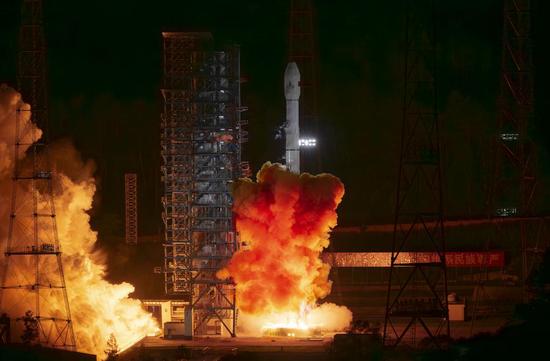

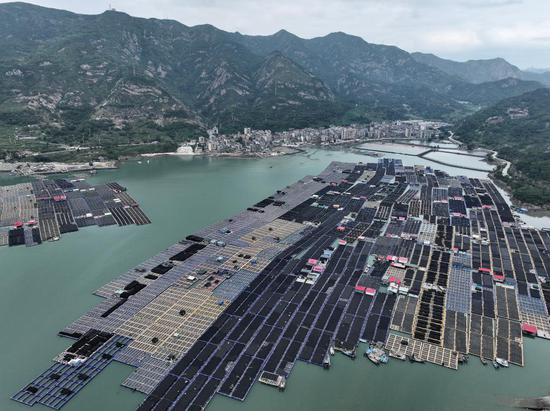
















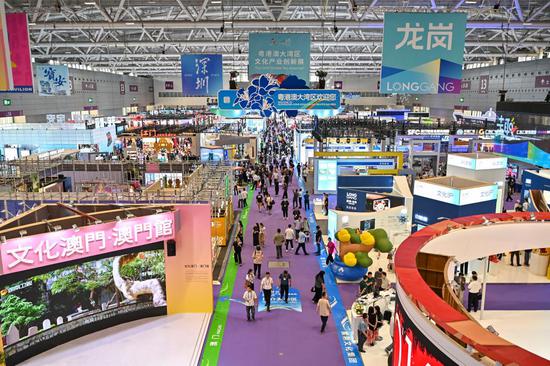


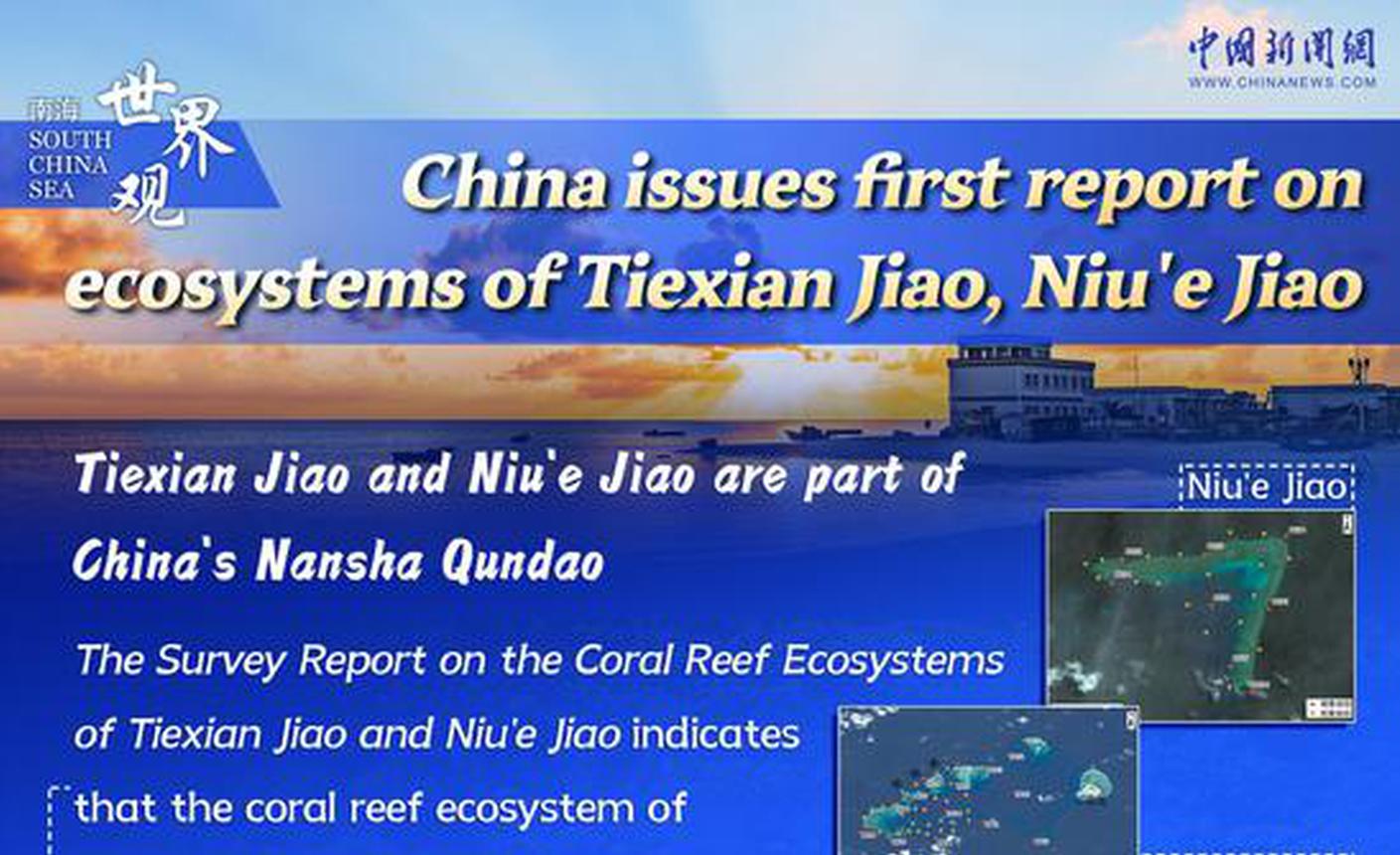
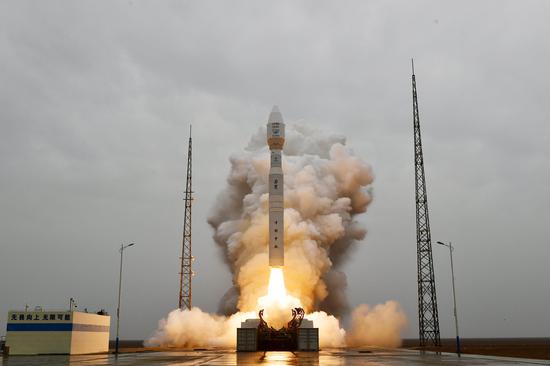


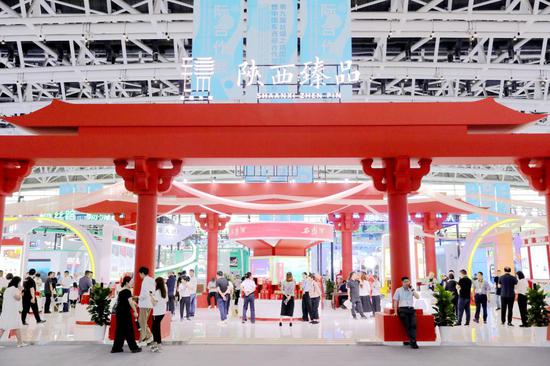









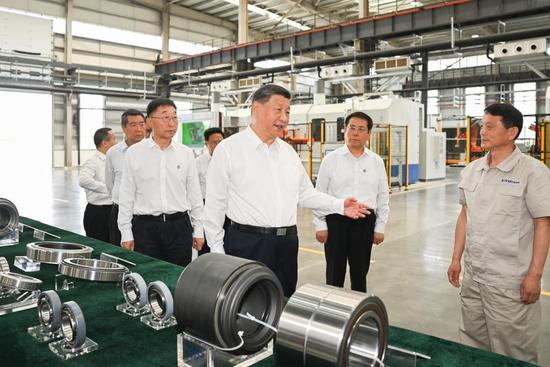





 京公網(wǎng)安備 11010202009201號
京公網(wǎng)安備 11010202009201號